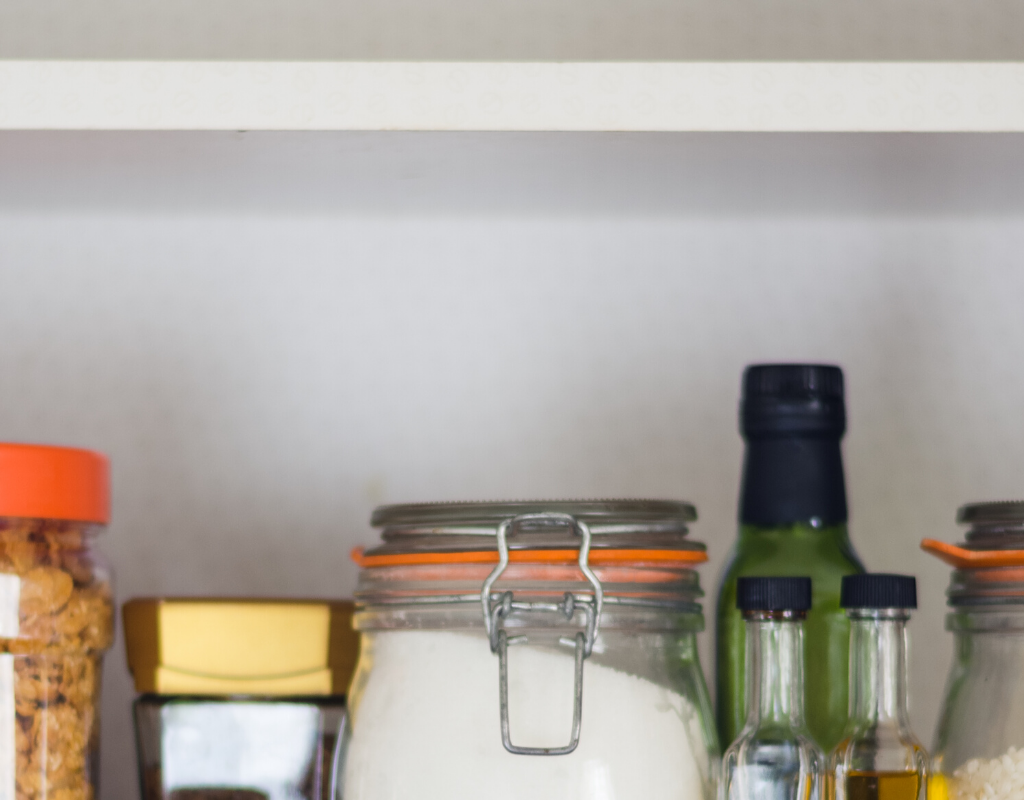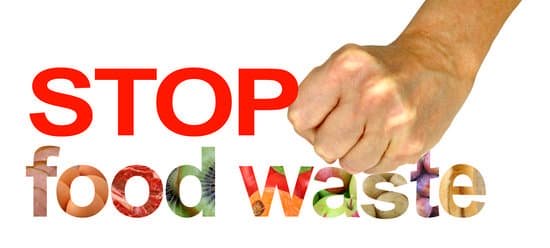November 3, 2019
In
Blogs
By
Tricia Towsey
The Natural
Health Controversy is something that’s not likely to be settled any time soon.
The interest in complementary and alternative medicine
(CAM) has increased during the past decade and the general public is mainly in
favour of it.
However the debate about the clinical effectiveness of
these therapies remains controversial among many medical professionals and
scientists.
Some mainstream doctors embrace and make use of CAM (complementary and alternative medicine), while other professionals dispute their efficacy. Other medical professionals and scientists believe that they’re dangerous, or laughable or, even worse, criminal.
Examples of complementary
and alternative therapies include:
- Homeopathy
- Acupuncture
- Osteopathy
- Chiropractic
- Herbal medicines
- Ayurveda.
CAM and Evidence-Based Medicine
One of the biggest
differences between CAM and conventional medicine, and the basis of much of the
controversy, is the evidence, or lack thereof, that CAM actually works to
improve a patient's well-being.
Conventional medicine makes
recommendations to patients based on evidence collected through clinical trials
and other research done on pharmaceutical drugs.
Many of these drugs treat
the symptoms rather than the cause of the disease, whereas CAM always tries to
get to the root of the problem, usually by looking at the mind-body connection.
Pharmaceutical and medical
device manufacturers spend vast amounts to prove that their drug or device
works, so that they can get approval from the relevant authorities to sell
their drug or device. Even research being done in non-profit organisations such
as universities and academic medical centres is mostly being carried out through
grants and foundations supported by for-profit companies.
There is, however,
practically no research carried out on alternative or complementary therapies.
This leads many to think that these therapies don’t work, but that's not
necessarily the case. It's just a matter of the research not having been done.
Natural Health Controversy and the Discrepancy in Research
Much of the evidence that we rely on for
complementary and alternative medicine is anecdotal evidence.
If one person finds a
therapy that works, he or she will tell others about it and so the word will be
passed on.
I, for instance, have had a
lot of success with craniosacral therapy (CST) and have told many people about
it who have visited the same therapist with similar results.
According to their website,
‘CST is a gentle but potent way of working with the body using a light touch.
It supports your body’s innate ability to balance, restore and heal itself as
well as helping to reduce stress and build underlying energy. It is suitable
for everyone, from newly-born babies to the elderly.’
Quackwatch and The Natural Health Controversy
I can just imagine what the
scientists, conventional medical doctors and the writers at Quackwatch.com might think about
that statement! Well, the answer is that I don’t really care if they think that
it’s quackery or not. After suffering with migraines for about 30 years I found
relief after visiting a craniosacral therapist for only a few times. I still go
back every so often for a treatment and will forever be grateful to that
therapist.
Cannabis Oil As a Therapy
Another area, where to date, there has been only
anecdotal evidence, is the treatment of seizures in children with severe
epilepsy with cannabis-based medications.
Parents of affected
children, who have managed to obtain treatment with medical cannabis, often at
great cost and in fear of breaking the law, swear by the treatment.
There are some 20,000
children with similar conditions that have not been granted access to the
medication on the NHS, despite the fact that they do not respond to the usual
medication prescribed by the NHS.
Now a new study in the
journal Frontiers in Neurology reveals that
the drug can significantly reduce the rate of, and even eliminate, convulsions
altogether in many cases. You can read the full story on iflscience.com.
Let’s hope the government
and the NHS listen to these parents and assist them rather sooner than later.
The question is, why has it taken such a long time for some research to be
carried out?
Problems that Have Held Back Research into Complementary therapies
According to Cancer Research UK, there are many
problems that have held back research into complementary therapies. These
are:
- Getting research funding
- Designing appropriate
clinical trials
- Getting the most
appropriate people to develop research into CAMs
- Time for medical doctors
and complementary therapists to work closely together on research
- A lack of complementary
therapists with research experience and knowledge
- Finding a control group to
take part in trials.
I suspect that the issue of
money is really the only one to consider, but time will tell.
Until money is invested in
the research of CAM therapies, nobody can say for sure whether they work or
not, and we’ll just have to rely on anecdotal evidence.
Nutrition as an Alternative Therapy
Many proponents of
complementary and alternative medicine believe that the food that you eat can
treat disease and help you reach optimal health.
As a
health coach, I focus on how diet and lifestyle contribute to your wellbeing.
In particular, I am concerned about how processed food affects your health and
would like to see clients moving towards a diet of fresh, whole foods and
minimising processed foods.
Most processed foods contain additives, and this is a very controversial subject. Scientists, food
technologists and manufacturers insist that food additives are required to keep
your food safe and looking good, and that they don’t cause any harm. The health
advocates, on the other hand, believe that they’re extremely dangerous and can
affect your health negatively. They maintain that they cause cancer and a
myriad of other diseases.
Food Agencies that Make Recommendations Regarding Food Safety
Then you have all the food
agencies that make recommendations regarding the safety of food, such as:
- European Food Safety Authority (EFSA)
- Food Standards Agency (FSA)
- The US Food and Drug Administration
- Canadian Food Inspection Agency
- Food Standards Australia New Zealand.
These are but a few of the
agencies out there that control what happens to your food, but the question is:
are they doing a good job?
To answer this I would say
that we need to consider some of the problems in the food industry that are
somehow ignored.
There have been many over
the years throughout the world, but one article that I would like to highlight
is written by Joanna Blythman and looks at the Food
Standards Agency. This article covers the scandal over
the contamination of beef products with horsemeat and, in some cases, pork.
She’s highly critical of
the FSA: ‘It was meant to be a watchdog defending consumer interests but it
seems to have had an unduly cosy relationship with the food companies, bio-tech
companies and large retailers ever since it was created.’ She said it always
appeared to treat campaign groups – such as those opposed to genetically
modified (GM) foods – as a ‘lunatic fringe’.
20% of Serious Food Safely Violations Ignored
Another
article from the Washington Post titled ‘20 percent of serious food safety violations go ignored’
also leads me to become quite alarmed by these agencies and the powers that
they have. I really do wonder sometimes if they have our best interests at
heart.
When
looking at any of the agencies and foundations, you always need to look at
who’s paying them. Often you find that it’s the very people who they’re supposed
to be policing.
An
article in the Independent, and also appearing in
the British Medical Journal, states that ‘One of
Britain's most influential institutions on diet and health has come under fire
over its close links with the food industry.’
The foundation they’re
talking about is The British Nutrition Foundation, which was established more
than 40 years ago and advises the Government, schools, industry, health
professionals and the public.
However, the organisation's
39 members, which contribute to its funding, include:
- Cadbury
- Kellogg's
- Northern Foods
- McDonald's
- Pizza Express
- The main supermarket chains (excluding Tesco)
- Producer bodies such as the Potato Council.
Admittedly this is a fairly
old article and, although the council defended their position, I couldn’t find
an update. I can tell you from experience, though, that many of these councils
are funded by big business.
The Natural Health Controversy and The American Council on Science and Health
The
American Council on Science and Health defends fracking, BPA, and pesticides.
Read the full article here to find out who their funders
are:
- Chevron
- Coca-Cola
- Bristol
Myers Squibb Foundation
- Dr
Pepper/Snapple
- Bayer
Cropscience
- Procter
and Gamble
- Syngenta
(agri-business giant)
- 3M
- McDonald’s
- Altria (tobacco
conglomerate).
There
is no doubt food companies have a history of funding biased research to support
their products. The Guardian took a look at a few
examples.
The Natural Health Controversy and Food Safety
As you can imagine, this makes the natural health controversy and food safety extremely difficult to research as, for each article against a particular product, you’ll find someone that works for the council or for a food manufacturer who will defend it.
So I turn to people that I respect in the natural health industry and there you’ll find many that are against the way your food is being treated. I have given a short bio of a few below:
Sayer Ji
Sayer Ji is a widely recognised researcher, author, and lecturer and weighs in on the natuarl health controversy. He’s an advisory-board member of the National Health Federation, and the founder of the world's most widely referenced, evidence-based natural health resource of its kind, Greenmedinfo.com.
Dr Axe
Dr Axe founded the website DrAxe.com, which is one of the top natural health websites in the world today. Its main topics include nutrition, natural medicine, fitness, healthy recipes and trending health news.
Andrew Weil MD
Andrew Weil MD is a world-renowned leader and pioneer in the field of integrative medicine. Combining a Harvard education and a lifetime of practising natural medicine, Dr Weil is the founder and director of the Andrew Weil Center for Integrative Medicine at the University of Arizona.
Dr John Douillard DC, CAP
Dr John Douillard DC, CAP is an American doctor in natural health, Ayurveda, and sports medicine. He is also an author, writer and entrepreneur. In 2010 he started LifeSpa.com. He is a frequent writer and has written six books and been featured in multiple large publications.
All Branded as Crackpots
Incidentally, all these
people are branded crackpots, quacks and loonies by various sites that make a
habit of rubbishing anyone that bucks the system.
Processed foods are engineered to have a long shelf
life and a combination of ingredients that get you hooked.
They make you over-eat
because they’re full of refined carbohydrates, added sugars and fat that appeal
to your palate but lack fibre, protein, vitamins and other important nutrients.
There is evidence that these foods cause rapid weight gain and have other detrimental health effects, so I have written an e-book that discusses the natural health controversy in more detail, and provides all the information that you need. It is free and can be downloaded here.
Processed foods often state that they've had certain nutrients added, but you have to ask yourself why this is necessary. Do you perhaps think that these nutrients were destroyed in the manufacture of these foods?
By cutting down on processed foods and following a healthy and balanced diet you'll get all the vitamins, minerals and antioxidants that you need to prevent disease and keep you young.
In addition, using the best cooking and food storage methods will help preserve the nutrients and you will see that, if only the natural health controversy could be settled, we would all be a lot healthier.
















